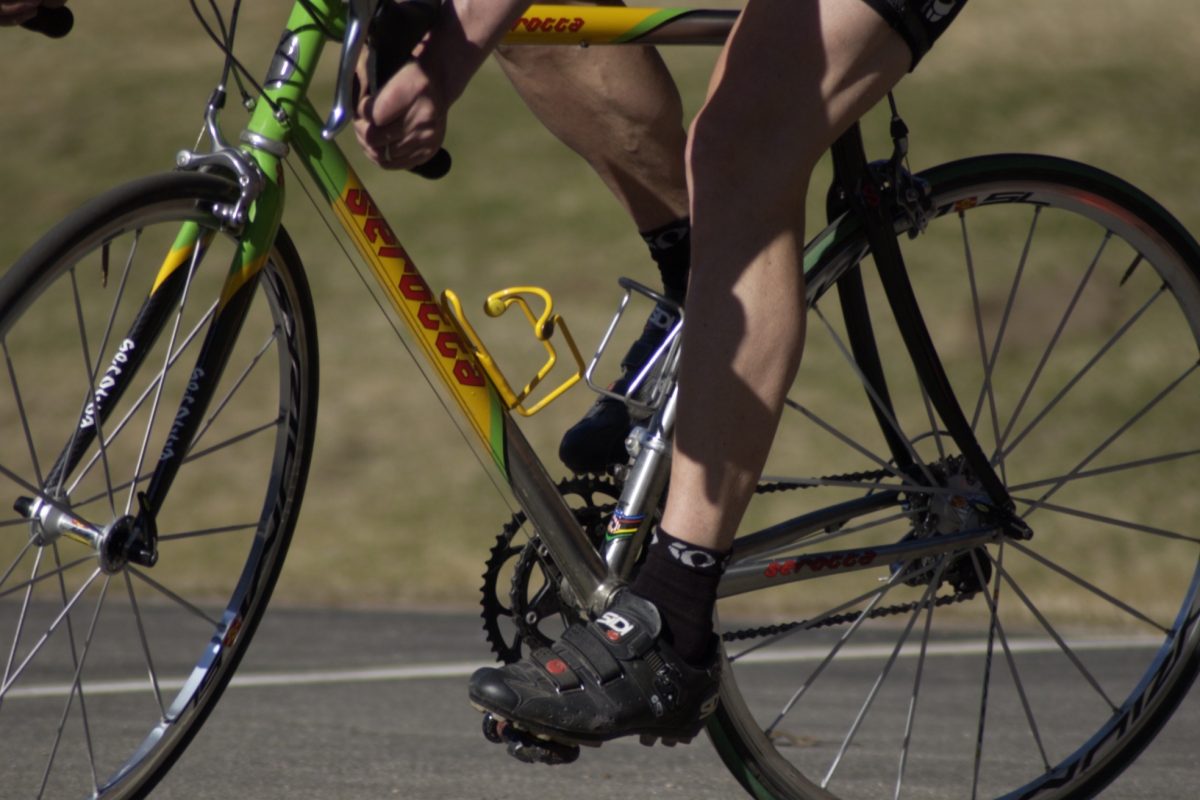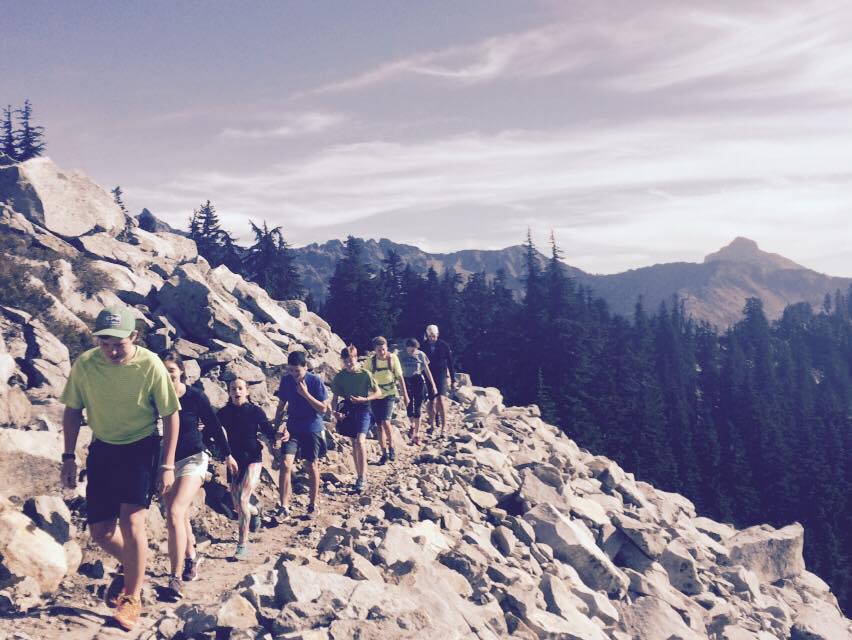Editors note: This is a weekly column highlighting our ski coaches from around the country… including elite coaches, college coaches, high school coaches, volunteer coaches, and learn-to-ski coaches. This is an effort to sample a diverse group of coaches and recognize the people who are the backbone of today’s skiers. If you would like to nominate a coach for an interview, please email robertwhitney99@hotmail.com. Please give coach’s name, email, phone, and a small paragraph describing the nominee. The more diverse, the better.
Nathan Alsobrook, 31, is the Head Nordic Skiing Coach for Whitman College in Walla Walla, Washington.
 with Whitman skier</font></center></p>
<p><b>1. Skiing background.</b></p>
<p>I grew up in northern VT – a great place to be a skier – but I didn't get<br />
into skiing until I was a junior in high school. Not sure if it was the<br />
cold weather or the race suits that scared me off (guys didn't used to wear<br />
tights in northern VT, and we used to have cold winters – it's been a while<br />
since I lived there, so I'm not sure if either one still holds true).<br />
Fortunately, I had some good people in my life who wouldn't let me rest<br />
until I joined the nordic team. I loved it, and I ended up skiing at<br />
Bowdoin Collge, which was a pretty welcoming program for a clueless<br />
freshman. My coach, Bill Yeo, was a charismatic and inspiring guy, and I<br />
couldn't help but pick up his passion for ski racing. By the time I left<br />
college, I knew that I wanted to stay involved in the sport one way or<br />
another.</p>
<p><b>2. Why Coaching?</b></p>
<p>I love working with people, especially athletes. I love teaching, and<br />
seeing the light bulb go on when an athlete “gets it.” I love being a part<br />
of a team, and I love ski racing. Coaching is the best way I know of to<br />
combine all of these things.</p>
<p><b>3. What's unique about Whitman College and the Whitman ski team?</b></p>
<p>Whitman is the only elite liberal arts college in the Western US with an<br />
NCAA ski program. As a member of the RMISA, our team races against the best<br />
college teams in the country. Competing against such quality skiers does a<br />
lot to raise the level of skiing on our team – there's no better way to<br />
improve than to race against the best. Our athletes are also fortunate to<br />
have the individual attention and academic excellence of one of the top<br />
liberal arts colleges in the West. No other college in the country can<br />
offer this combination. In my mind, we have the best of both worlds. Check<br />
us out at http://coach.whitman.edu/~nordic. Bonus points: Walla Walla gets<br />
300 days of sunshine a year!</p>
<p><center><img decoding=)
FasterSkier
previous
Low Snowfall Won't Deter National Cross Country Championship
next



